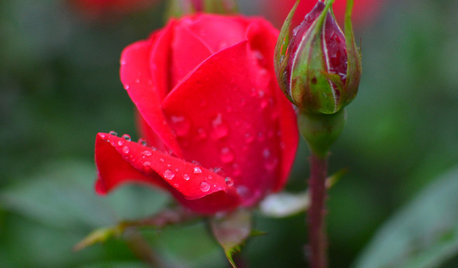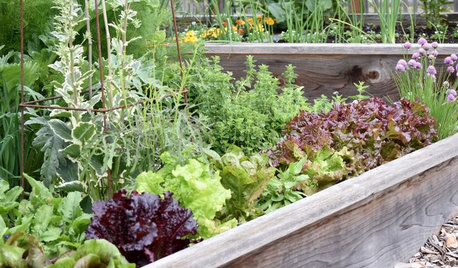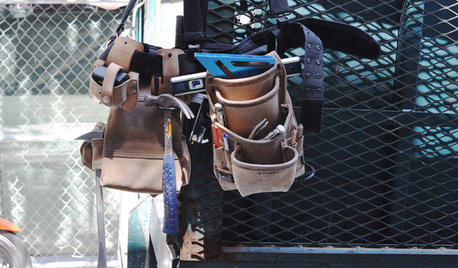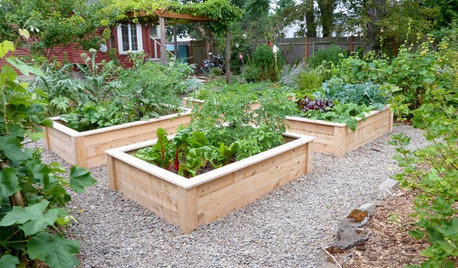Newbie -- few 'get started' questions
eppsfamily
18 years ago
Related Stories

REMODELING GUIDESPlanning a Kitchen Remodel? Start With These 5 Questions
Before you consider aesthetics, make sure your new kitchen will work for your cooking and entertaining style
Full Story
GARDENING GUIDES6 Steps to Get a Garden Off to a Glowing Start
Grow a lush, balanced garden from an empty patch of yard or neglected landscape spot with these easy-to-follow guidelines
Full Story
GARDENING GUIDESSeeds or Seedlings? How to Get Your Garden Started
Growing delicious herbs and vegetables starts with knowing your goals and when you want to plant
Full Story
HOUSEPLANTSHow to Grow Orchids Indoors
Orchids are the exotic aristocrats of the flower world and can make themselves comfortable in almost any home
Full Story
HOUZZ TOURSHouzz Tour: A Texas Home Gets a Healthy, Fresh Start
Mold eradication was just the beginning for this Austin family's home on a creek bed — toxins of all kinds now don't make it past the door
Full Story
MOST POPULAR10 Things to Ask Your Contractor Before You Start Your Project
Ask these questions before signing with a contractor for better communication and fewer surprises along the way
Full Story
COFFEE WITH AN ARCHITECTA Few Things I Would Like to Ask Frank Lloyd Wright
It could take a lifetime to understand Frank Lloyd Wright's work — less if we had answers to a few simple questions
Full Story
DECORATING GUIDESHow to Decorate When You're Starting Out or Starting Over
No need to feel overwhelmed. Our step-by-step decorating guide can help you put together a home look you'll love
Full Story
GARDENING GUIDES12 Tips to Help You Start an Edible Garden
Get on your way to growing your own vegetables with a raised bed or a few containers on the patio
Full Story
GREEN BUILDINGHow to Start Finding a Greener House
On the hunt for a more ecofriendly house? Here are the questions to ask and research to do
Full Story





creatrix
eppsfamilyOriginal Author
Related Professionals
South Elgin Landscape Architects & Landscape Designers · South Orange Landscape Architects & Landscape Designers · Edmond Landscape Contractors · Chelmsford Landscape Contractors · Coram Landscape Contractors · Duarte Landscape Contractors · Fairhope Landscape Contractors · Gainesville Landscape Contractors · Metairie Landscape Contractors · Salem Landscape Contractors · The Woodlands Landscape Contractors · West Orange Landscape Contractors · White Bear Lake Landscape Contractors · North Hills Landscape Contractors · Coral Terrace Window Contractorsgardengal48 (PNW Z8/9)
lindac
eppsfamilyOriginal Author
lucy
susanzone5 (NY)
rhizo_1 (North AL) zone 7
username_5
PacNWest
username_5